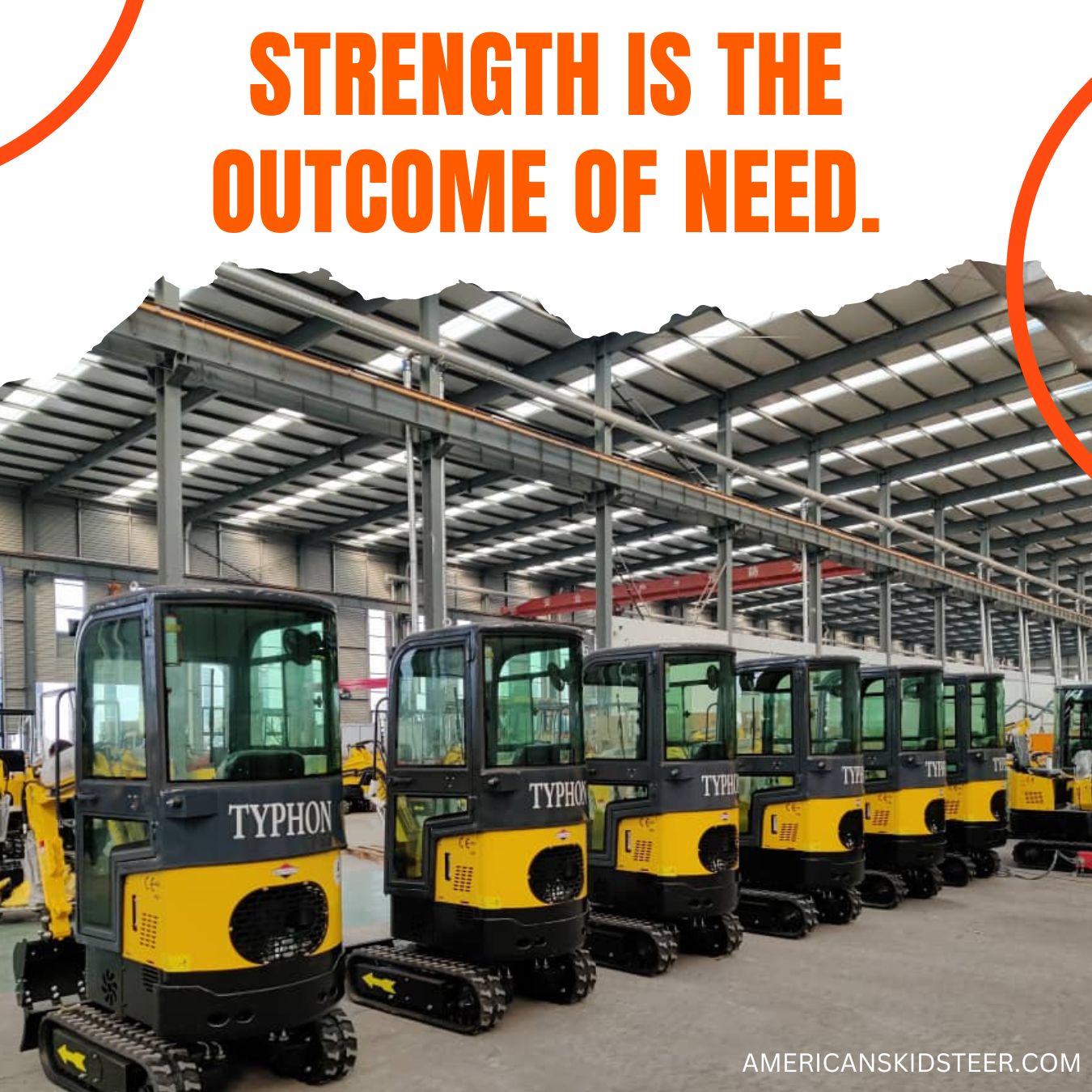In building, vital purposes have lengthy operated in silos. Estimating, scheduling, procurement, and box execution ceaselessly paintings independently, each and every pushed by means of specialised groups with their very own equipment, priorities, and workflows. Whilst this separation lets in for experience inside of each and every area, it additionally creates inefficiencies, miscommunication, and a loss of shared possession over undertaking luck.
The Prime Clergymen of Building Making plans
Take scheduling, as an example. In lots of building corporations, scheduling is the area of a small, elite team—extremely professional pros who perform subtle instrument and make an important selections in large part in isolation. Their paintings is very important, however as a result of they paintings one by one from box groups, undertaking managers, and subcontractors, the schedules they produce can now and again really feel indifferent from on-the-ground realities.
The similar will also be mentioned for estimating. Estimators broaden price fashions according to assumptions about hard work, fabrics, and sequencing, ceaselessly with little enter from those that will in the end execute the paintings. When those estimates make their option to the sector, discrepancies can rise up, main to price overruns, delays, and frustration amongst stakeholders.
The results of those silos? Data hoarding, skepticism from those that should act at the knowledge, and, in the end, a much less environment friendly and no more predictable building procedure.
The Value of Running in Silos
One of the visual and dear results of siloed making plans is business clashes. A plumber arrives on-site, able to put in piping, most effective to search out that {an electrical} conduit is already occupying the gap they had been intended to make use of. Those clashes don’t seem to be simply inconvenient—they result in expensive transform, undertaking delays, and strained relationships between trades.
Some other important price of silos is the loss of adaptability. When surprising problems rise up on a jobsite, groups that perform in silos combat to reply temporarily as a result of vital knowledge isn’t shared fluidly. As a substitute of creating real-time changes, groups are pressured to paintings with old-fashioned or incomplete knowledge, resulting in inefficiencies and bottlenecks.
Silos additionally obstruct innovation. When groups don’t collaborate, they fail to see the chance to switch concepts and fortify processes. Lots of among the best answers in building come from box group of workers who’ve firsthand revel in with the demanding situations of implementation. But if they aren’t incorporated within the making plans segment, their insights ceaselessly move unheard.
The Advantages of Silo Busting
Breaking down silos fosters collaboration, transparency, and responsibility. It guarantees that everybody—estimators, schedulers, undertaking managers, and subcontractors—has a voice in making plans and problem-solving. Right here’s what occurs when groups paintings in combination:
● Advanced Accuracy: When those that create schedules and estimates collaborate with box groups, they achieve real-world insights that result in extra exact making plans.
● Fewer Clashes: With higher coordination between trades, conflicts just like the out of place electric conduit and plumbing pipe are minimized.
● Higher Purchase-In: Groups are much more likely to believe and observe a plan that they had a hand in shaping.
● Sooner Drawback Solution: When conversation flows freely, problems will also be recognized and resolved earlier than they develop into expensive issues.
● Extra Environment friendly Use of Assets: When groups collaborate, they may be able to optimize hard work and subject matter utilization, lowering waste and reducing prices.
How Generation Can Assist
The development trade has traditionally depended on fragmented equipment that give a boost to siloed tactics of operating. On the other hand, fashionable scheduling and making plans instrument can permit higher collaboration by means of making undertaking knowledge extra obtainable, interactive, and adaptable.
For instance, answers like Planera permit groups to visually have interaction with schedules, enabling real-time collaboration between other stakeholders. As a substitute of schedules being locked away in complicated instrument operated by means of a choose few, they develop into dynamic and clear equipment that all the group can interact with. Visible scheduling answers additionally show you how to establish conflicts earlier than they happen, making sure that business coordination is seamless and environment friendly.
Some other key technological development is using cloud-based undertaking control platforms that combine knowledge from more than one disciplines. Those platforms permit real-time updates and be sure that everybody—whether or not within the place of work or the sector—has get entry to to the most recent undertaking knowledge. This reduces delays brought about by means of miscommunication and guarantees that decision-making is according to present, correct knowledge.
Steps Contractors Can Take to Foster Collaboration
For heating and plumbing contractors, embracing collaboration isn’t only a easiest observe—it’s a aggressive merit. By means of operating carefully with different trades, undertaking managers, and making plans groups, contractors can cut back transform, fortify potency, and construct more potent relationships around the jobsite.
Listed here are some sensible steps contractors can take to foster collaboration and bust silos:
- Interact in Early Making plans Discussions – As a substitute of ready till paintings starts, heating and plumbing contractors must take part in scheduling and estimating discussions. This guarantees that their issues and constraints are factored into the entire undertaking plan.
- Undertake Collaborative Generation – Making an investment in equipment that beef up real-time collaboration is helping be sure that all stakeholders have get entry to to the similar knowledge, lowering mistakes and miscommunication.
- Inspire Pass-Business Communique – Organising common coordination conferences with different trades can assist establish doable conflicts earlier than they develop into expensive problems.
- Supply Comments on Schedules and Estimates – When frontline staff are given the chance to study and alter undertaking plans, it will increase the accuracy of the ones plans and boosts general potency.
- Domesticate a Tradition of Shared Accountability – When collaboration is ingrained in corporate tradition, group participants take higher possession over the luck of all the undertaking, somewhat than simply their explicit duties.
A Name to Motion
Building is a group recreation. The extra we paintings in combination, the extra a success our tasks—and our trade—will probably be. Breaking down silos isn’t just about bettering potency; it’s about developing a piece surroundings the place each and every business and each and every stakeholder has a voice within the procedure.
By means of fostering a tradition of collaboration, leveraging generation to beef up real-time knowledge sharing, and proactively attractive in cross-functional discussions, contractors can make sure that smoother undertaking execution, fewer delays, and in the end, extra successful tasks.
The trade is evolving, and people who include collaboration would be the ones who cleared the path ahead.






